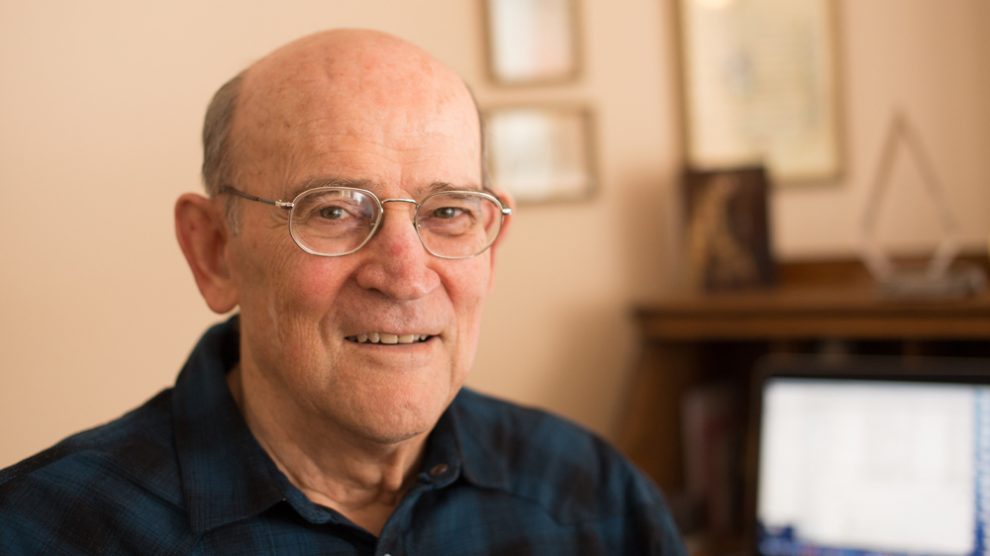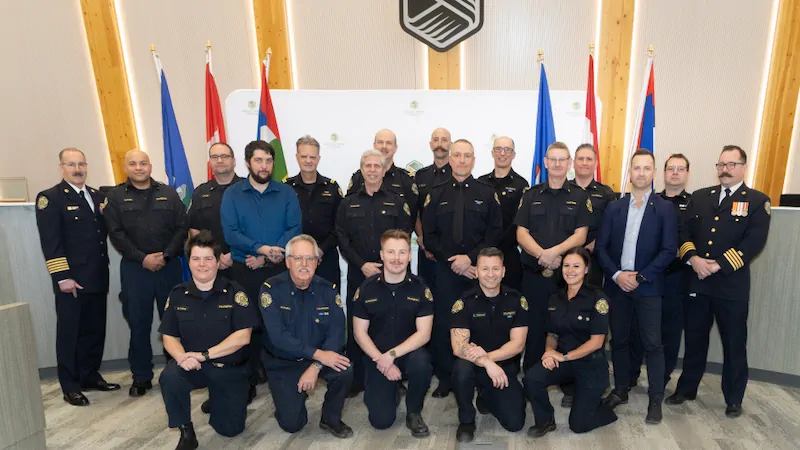What Is Love?
The definition of love is probably as varied as the number of people you ask. However, there was one common thread among the hundreds of couples that came for counseling: their love was measured by the intensity and frequency of their sexual relationship.
That is what I would call erotic love. The word erotic derives from the Greek work eros and describes a sensually stimulated and experienced emotion. There are three chemicals that our body produces during sexual stimulation and climax: Oxytocin, Vasopressin, and Serotonin. Combined, these bring a sense of bonding and attachment. This is mistakenly labelled as love. This is a physically produced, emotionally experienced phenomena. It is not genuine love. At best it is romantic love — something that is to be experienced by married couples.
Let’s look at another aspect of love. The Greek word storge refers to the natural warmth that unites members of the same family. It is also used to refer to the natural affection that one has for an animal, possessions, one’s hometown or country. Storge love arises naturally in normal human experience and at the same time can fade as circumstances change. It is kept in place by the subjective evaluations of each person. When those evaluations change, storge diminishes.
There is a third form of love. The Greek word for love among friends is philia. This is the kind of love that is based upon commonality. It develops when people see each other as equals in some sense, perhaps through sharing the same values or interests or objectives. This is a reciprocating love that is held together by mutually held values. The love changes when those values change. If my expectations are being met, my love continues to hold us together. However, when those expectation are not met, the love diminishes, and we drift apart.
Allow me to give you five general observations of the above words that are used to define love:
- They are subjective and deal primarily with feelings.
- They are experience orientated.
- The primarily deal with the emotion not the will.
- They focus on the person experiencing the love, not on the object of the love.
- They each have an important part in our life experience, but they are incomplete definitions of love.
There is one last word to consider and then our Greek lesson will be complete. It is the word agape. It is a word that describes unselfish behavior, all-consuming devotion, and an indestructible commitment.
Agape is unconquerable benevolence: invincible good will. It is not simply a wave of emotion; it is a deliberate conviction of mind ensuing in a deliberate policy of life; a deliberate achievement and conquest and victory of the will.
The last six years of my beloved’s life were a graduate course in agape love. The selfishness of my heart was deeply challenged. The more the post-polio shut down functions of her body, the more I had to give up my personal desires. Her needs were the preoccupation of my life.
I was reminded multiple times in a day that she needed to know that my care of her was the desire of my heart not a duty to be performed. I saw her response to one of the care givers who came more than once on her day off to wash Marva’s hair. Marva had nothing to give back to her but her care gave much to Marva.
Marva needed a love that nothing could overthrow or remove. She needed to know that I would be with her right to the end: that I would bear all things because she had value that wasn’t defined by physical ability. She needed to know that nothing in her condition would change my commitment to seek her highest good at my expense. I wanted a love for her that would not fail — a love that would grow stronger as her need became greater.
Perhaps as you read this article you think, “This agape love is impossible. How can anyone achieve it?” This love finds its origin with God. He alone is the source of unconquerable benevolence and invincible good will. Thankfully He desires to give that love to us so that we can impart it to others. The greatest valentine you can receive is the impartation of His Love. Ask Him for it and I’ll see you at the top.
Duane Harder























